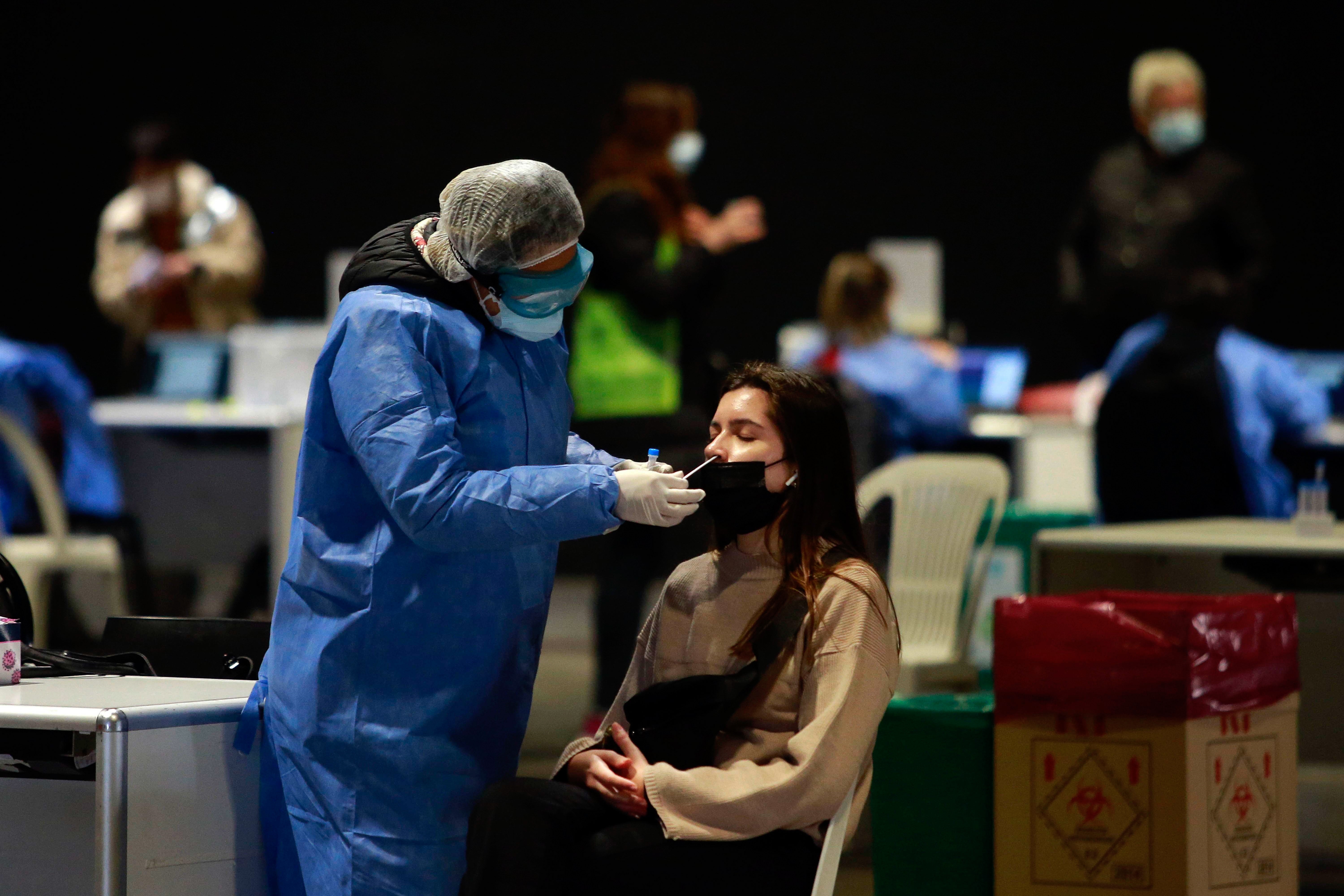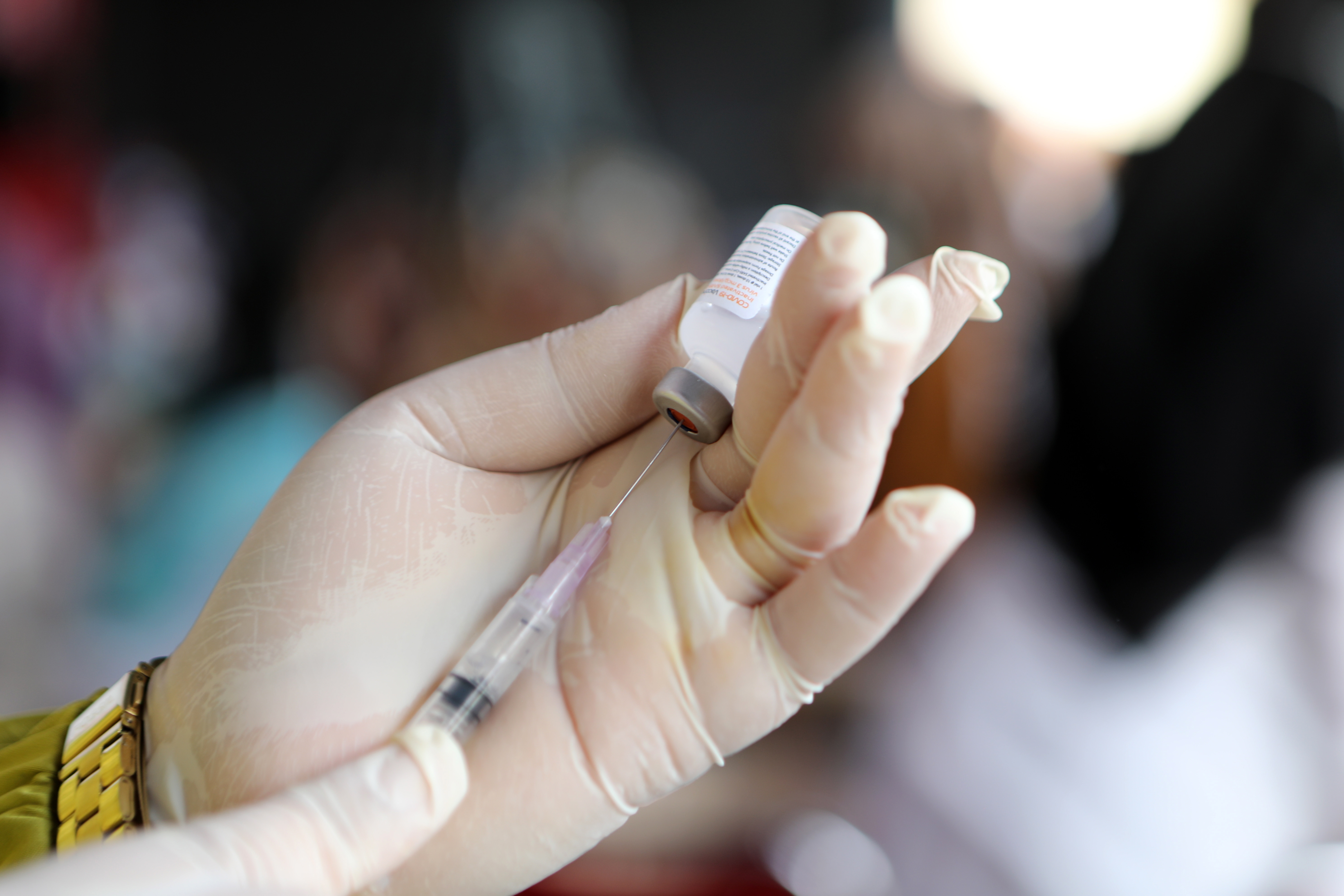
Almost two years after the first Covid-19 case reported in Wuhan, China, the world has faced several processes to counter coronavirus infections. Studies by universities such as Oxford or Johns Hopkins University on vaccines against Covid-19 have been conclusive in contributing that the main reason for the vaccine is to prevent very serious cases of the virus.
The role of vaccines is to naturally prepare defenses in the body to develop stronger protection that can fight Covid and to make a memory in the body so that when viruses occur, the immune system quickly destroys them.
The World Health Organization (WHO) reported that although most of the most severe cases of Covid-19 are in people over 60 years of age, people of different ages may also suffer from it severely and the risk of not advancing covid vaccination could lead to new variants of the disease being resistant.

Although sanitary measures such as a healthy distance, the use of face masks or the maintenance of ventilated spaces are key to the fight against Covid, none of them can replace the protection that complete vaccination schedules give the body.
Among the consequences of not having full doses of vaccination against Covid-19, experts emphasize that not being administered as proposed by the schemes will not speed up the end of the pandemic, in addition to not coping with the new variants of Covid and continuing with the spread of the virus.
The Coalition for Innovations in Epidemic Preparedness (CEPI), the COVAX Facility which is led by the Gavi Vaccine Alliance, is responsible for organizing equitably the distribution of vaccines, developing relevant research on the effects and advances in vaccination processes in order to incentivize and provide the population with the benefits of vaccines.

The safety of Covid vaccines has been studied by experts around the world, which has worked to counter some people's fear of getting vaccinated. In addition to fighting the strongest consequences of non-vaccination: the cases of hospitalization caused by the virus, the waves of contagion among the population due to the new variants and in terms of economy, foreign investment that fell due to the pandemic.
The Lancet, a British magazine specializing in information on Covid-19, presented immunogenicity research after applying a single dose and contrasted it with the application of a second dose within 44-45 weeks.
“The participants were between 18 and 55 years old and about half were women. “The encouraging results support a delayed second dose strategy because antibody titers were substantially higher after the second dose among individuals with almost one year between doses than among individuals who had an interval of 8 to 12 weeks” and concluded that the lowest level of protection is one year between doses. dose, while the highest is obtained after a dose that was put in a longer time.
For their part, the reliability of vaccines before they are approved by the UN, go through rigorous research processes, in which analysis of side effects or the time that must pass between one dose and another stand out. The vaccination process in Mexico has gone through different facets from people with distrust because of the speed with which they emerged or the information about the different types of vaccines and their effectiveness. In official data on doses applied as of August 31, the country carries a total of 85.4 M, of which only 34.3 million people have not received their second vaccine.
KEEP READING:
Últimas Noticias
Debanhi Escobar: they secured the motel where she was found lifeless in a cistern
Members of the Specialized Prosecutor's Office in Nuevo León secured the Nueva Castilla Motel as part of the investigations into the case

The oldest person in the world died at the age of 119
Kane Tanaka lived in Japan. She was born six months earlier than George Orwell, the same year that the Wright brothers first flew, and Marie Curie became the first woman to win a Nobel Prize

Macabre find in CDMX: they left a body bagged and tied in a taxi
The body was left in the back seats of the car. It was covered with black bags and tied with industrial tape
The eagles of America will face Manchester City in a duel of legends. Here are the details
The top Mexican football champion will play a match with Pep Guardiola's squad in the Lone Star Cup

Why is it good to bring dogs out to know the world when they are puppies
A so-called protection against the spread of diseases threatens the integral development of dogs




